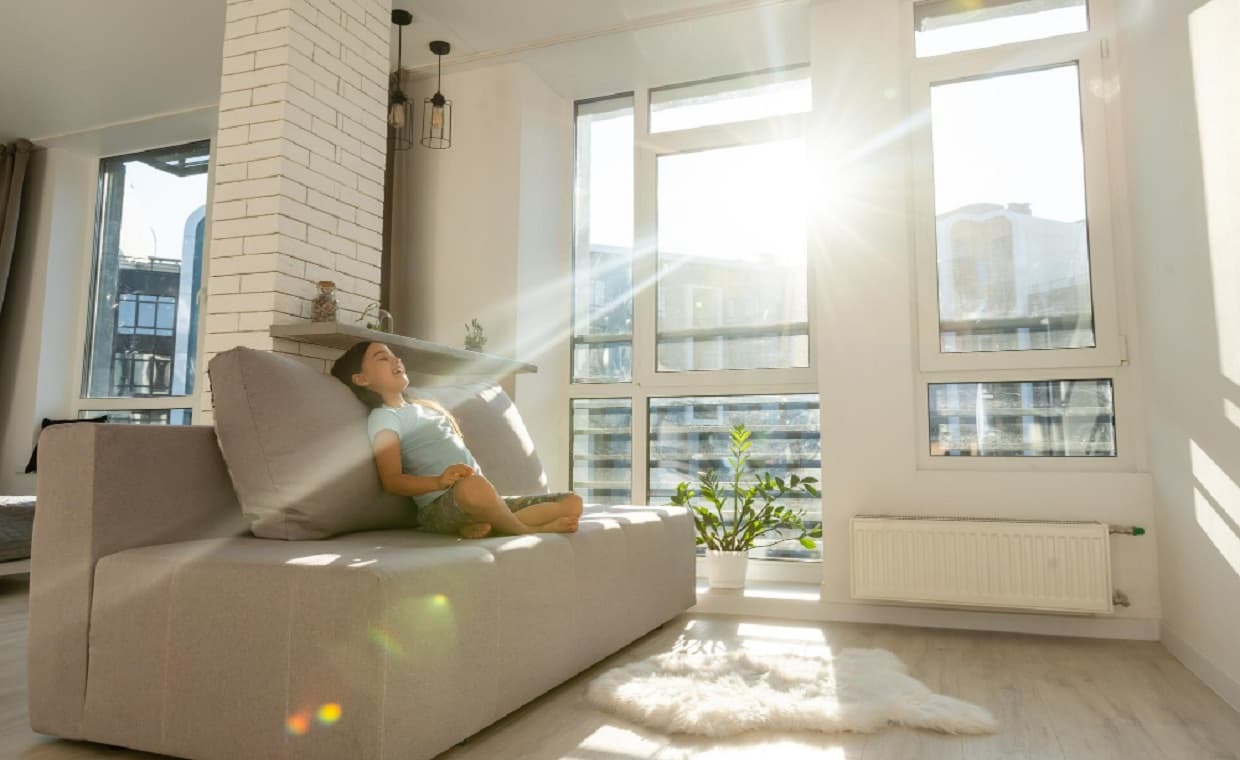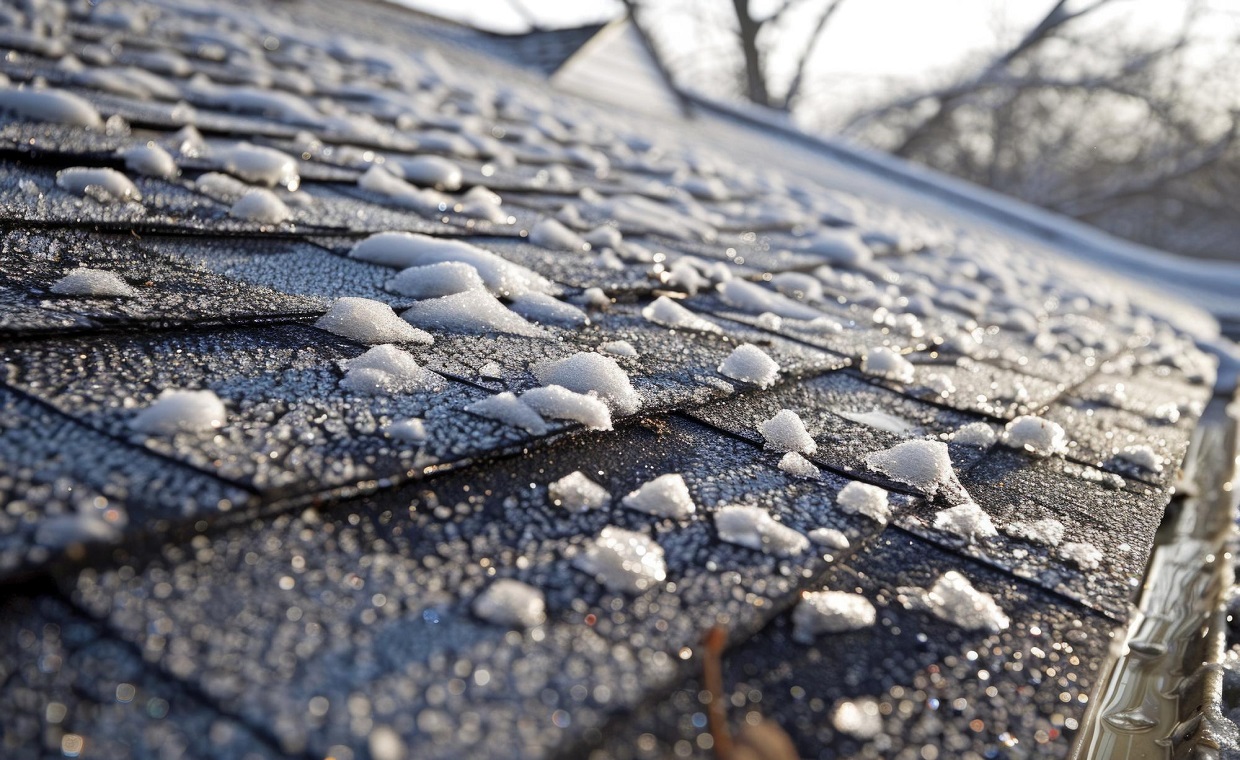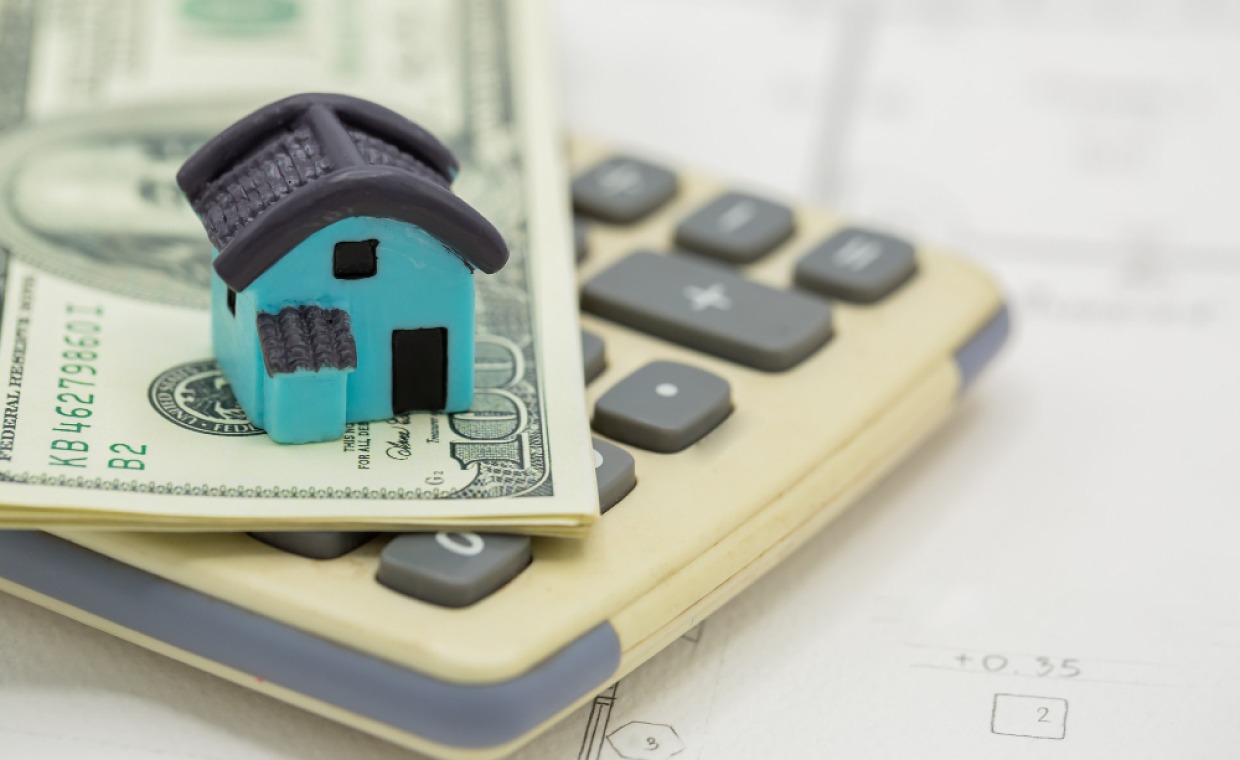
Table of Contents
You can save a lot of money on utility bills by upgrading to energy-efficient windows. Plus, you’ll improve your home’s appearance and create a more comfortable indoor space for your family. While the prospect of new windows is appealing, zeroing in on the right choice for your home isn’t always so easy. Fortunately, you’ve come to the right place. Stay with us as we show you some of the key factors to consider when choosing energy-efficient windows.
What Goes into Energy-Efficient Design

The drafty old windows of yesteryear are a far cry from today’s sleeker, more energy-efficient selections. These windows are designed to help regulate your home’s climate, keeping hot or cool air inside your home, depending on the season. How do windows do this? The answer is in their construction.
Many double or triple-pane windows are filled with gases that offer insulation between the panes. Inert gases such as argon or xenon can minimize heat transfer, which translates to lower utility bills. As another benefit, these gases can keep condensation at bay so you’re not dealing with unexpected moisture in the home.
Additionally, you’ll want windows with Low-Emissivity (Low-E) coatings. These are thin coatings added to the glass that can regulate heat inside and outside of your home. They also can protect the contents of your home from UV light, which can fade furniture and adversely impact your health.
You can choose from among several types of window frame materials that are equipped to regulate climate conditions, as well. Unlike aluminum window frames, which don’t insulate well, options like vinyl and fiberglass provide excellent thermal resistance.
Composite and wood are other strong options, and they typically cost less than aluminum anyway. It’s wise to choose replacement windows with positive ratings from the National Fenestration Rating Council (NFRC). Similarly, ENERGY STAR certification is another indication that windows are aligned with the most recent energy efficiency guidelines.
Choose Climate-Appropriate Windows

Do you live in a hot desert climate, like Phoenix, where sunlight can heat up your home in a hurry?
Or do you live in a colder home where you want windows that can keep chilly air outside? Whether you’re planning on installing double-hung or sliding windows, you need to choose windows that meet the needs of your climate.
If you’re in a colder climate, opt for windows with a low U-factor. This number will tell you how well a window resists heat transfer, and a lower number equates to a better window. So, single-pane windows will have a higher U-factor while triple-pane windows, which offer extra insulation through inert gases, tend to have very low numbers.
If you’re in a hot climate, you want windows with reflective coatings that help retain cool air within your home. These windows should have a low Solar Heat Gain Coefficient (SHGC). This means that the window can effectively block solar heat from entering your home.
Other good options include smart windows, which can adjust their tint depending on how much sunlight is outside. That way, you won’t have to remember to close the blinds each day to keep your home comfortable.
Consider the Costs

You can expect to pay more for energy-efficient windows. But the trade-off comes in the form of long-term savings, enhanced curb appeal in your home, and a more liveable interior. When you’re ready to choose new windows, consider your budget and what windows will give you the best blend of benefits.
If you’re hoping to be in your home for many years, triple-pane windows and fiberglass or wood frames may be worth the investment. They offer better insulation and longevity. Additionally, you’ll need to gather bids from qualified window installers and compare their reputations and warranties.
When windows are not installed properly, they can leak air and allow moisture into your home. Poor installation defeats the purpose of getting new windows, so look for the best professionals in your area. You may be able to get tax incentives, too, for upgrading to energy-efficient windows.
Window replacement specialists can tell you which windows in your home are in greatest need of replacement. They can recommend options for a phased replacement that’s easier on your pocketbook. They’ll also be able to weigh factors like the local weather, how much shade your home receives, and your home’s style as they offer suggestions.
Upgrade Your Windows
Yes, upgrading your windows comes with a significant upfront cost. But you’ll reap the reward of long-term savings, and you’ll love the way your home looks. Warped, stubborn windows are a hassle to deal with, and they can make you crank up the heat or AC more often than you should.
Look for energy-efficient windows with the ratings and features you want. And consult with a window specialist to learn their recommendations given your home’s unique characteristics.






























